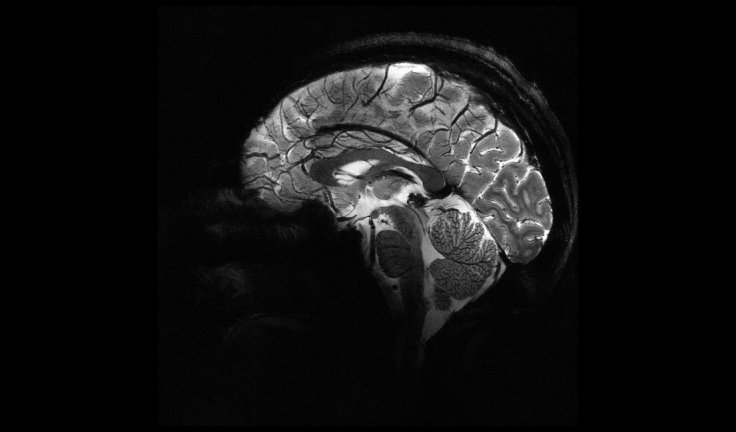In a major breakthrough, researchers at France's Atomic Energy Commission (CEA) have unveiled the world's most potent MRI scanner, showcasing unprecedented images of the human brain. These images, a culmination of years of innovation, promise to revolutionize our understanding of neurological disorders and mental health conditions.
Dubbed "Iseult" by its creators, the MRI scanner boasts a magnetic field of 11.7 teslas, far surpassing the capabilities of conventional hospital scanners limited to 3 teslas. This extraordinary power allows Iseult to capture images with tenfold precision, revealing intricate details of the brain previously invisible to medical imaging.

Operating in the Plateau de Saclay region, south of Paris, Iseult marks a significant leap in neuroscience research. Its initial scans, conducted on approximately 20 healthy individuals, have already provided researchers with invaluable insights into the inner workings of the human brain.
"We have achieved a level of precision never before seen at CEA," remarked Alexandre Vignaud, a physicist involved in the project.
Minister of Research Sylvie Retailleau lauded the scanner's capabilities, emphasizing its potential to revolutionize the detection and treatment of brain pathologies. Collaboratively developed by French and German scientists over two decades, Iseult houses a colossal 132-ton magnet, powered by a coil carrying 1,500 amps of current.
French President Macron has also called it "Iconic" on his social media handle and shared the precise image of the human brain ever obtained.
This is the most precise image of the brain ever obtained, thanks to the CEA's MRI scanner, the most powerful in the world.
— Emmanuel Macron (@EmmanuelMacron) April 2, 2024
It's a major breakthrough and a huge hope for the study of our health. Congratulations to the Iseult project team.
Iconic! pic.twitter.com/KLPcloAORD
While other countries, including the United States and South Korea, are also exploring similarly powerful MRI machines, Iseult stands at the forefront of human brain imaging technology.
The implications of this breakthrough extend far beyond mere imaging. Researchers anticipate that Iseult's unparalleled precision will shed light on the underlying mechanisms of neurodegenerative diseases such as Alzheimer's and Parkinson's, as well as mental health disorders like depression and schizophrenia.
"For example, we aim to unravel the mysteries of the hippocampus, a region implicated in Alzheimer's disease," explained CEA researcher Anne-Isabelle Etienvre.
In essence, Iseult represents a paradigm shift in neuroscience, offering a glimpse into the complexities of the human brain and paving the way for enhanced diagnosis and treatment of neurological conditions.









